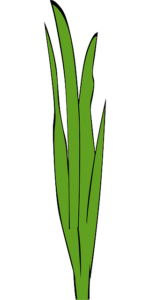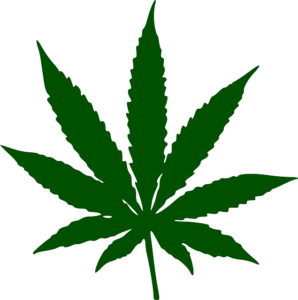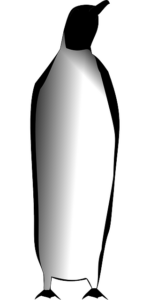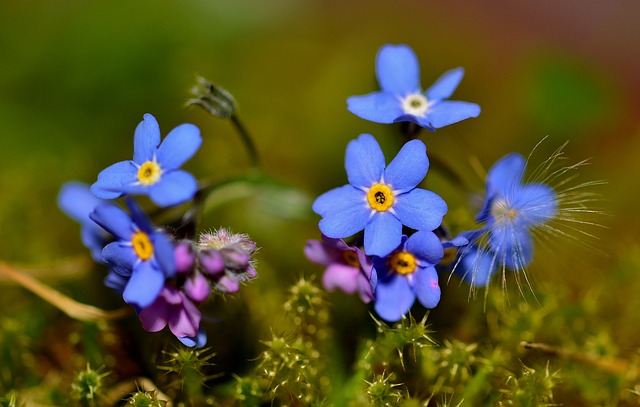
THCA and CBD are both cannabinoids found in hemp and cannabis plants with distinct properties that can influence sleep. THCA is a non-psychoactive compound that may promote sleep by interacting with CB1 and CB2 receptors, making it potentially effective for sleep disturbances. Unlike its psychoactive counterpart THC, THCA does not alter mental state, which is appealing to those seeking sleep aid without mind-alteration. CBD, known for its calming effects, can help manage anxiety and pain, indirectly aiding sleep by addressing these factors that disrupt rest. When choosing between the two, consider personal body chemistry, tolerance, and sleep issues, as individual responses vary. Full-spectrum cannabinoid products may offer heightened benefits due to their synergistic effects, but it's crucial to consult with a healthcare professional for personalized advice. For those considering THCA, a gentle introduction via dosages ranging from 5-10 mg up to 25-50 mg consumed before bedtime can be effective, especially when opting for indica strains or non-combustible forms like capsules and tea for sustained release throughout the night. This approach can enhance the quality of sleep and promote restfulness, making THCA a noteworthy contender in the comparison of THCA versus CBD for sleep enhancement.
Discover the nuanced world of cannabinoids where THCA takes center stage for sleep enhancement. In our latest exploration, we delve into the differences between THCA and CBD, shedding light on which may be your slumber ally. Beyond the basics, learn how to harness the potential of THCA flower through optimal dosage and tailored usage tips. This article is a guide to transforming your night’s rest with the natural benefits of THCA, crafted for those seeking serene sleep without the psychoactive effects of delta-9 THC. Unlock the secrets of THCA vs CBD for sleep and elevate your sleep experience.
- Unraveling THCA vs. CBD: Identifying the Best Cannabinoid for Sleep Enhancement
- Optimizing Your Sleep with THCA Flower: Dosage, Effects, and Usage Tips
Unraveling THCA vs. CBD: Identifying the Best Cannabinoid for Sleep Enhancement
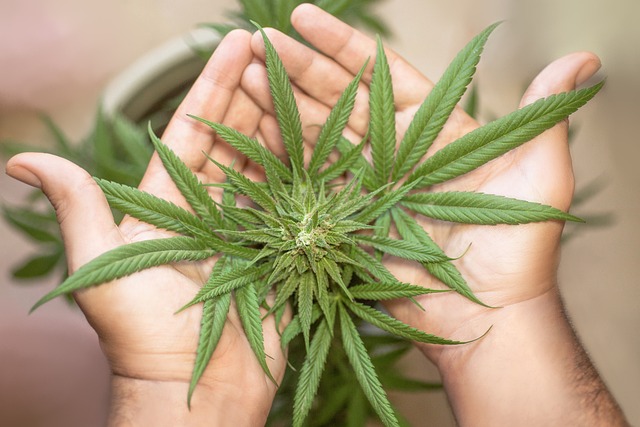
When exploring cannabinoids for sleep enhancement, a key comparison centers on THCA versus CBD. Tetrahydrocannabinolic acid (THCA) and cannabidiol (CBD) are both prominent compounds found in the cannabis plant, each offering distinct effects that can influence sleep quality. THCA, the raw form of THC, is non-psychoactive and interacts with the body’s endocannabinoid system, potentially leading to sedative effects. Its affinity for the CB1 and CB2 receptors may contribute to a more restful state, making it a subject of interest for those seeking natural sleep aid. On the other hand, CBD, or cannabidiol, is known for its calming and relaxing properties without the psychoactive ‘high’ associated with THC. It can help alleviate anxiety and pain, which are common hindrances to restful sleep. Users often prefer CBD for its versatility in various products, from oils to topicals, and its ability to be used throughout the day without impairing cognitive function.
In determining which cannabinoid might be best for sleep enhancement, it’s essential to consider individual physiology and personal tolerance levels. Some individuals may find THCA more effective due to its direct influence on the sleep-wake cycle, while others might benefit more from CBD’s holistic approach to improving sleep by addressing underlying issues like stress or discomfort. Research suggests that the synergy of cannabinoids, terpenes, and flavonoids found in full-spectrum products may also offer enhanced benefits over isolated compounds. Therefore, when choosing between THCA and CBD for sleep, it’s advisable to consult with a healthcare professional who can provide personalized guidance based on one’s unique health profile and sleep challenges.
Optimizing Your Sleep with THCA Flower: Dosage, Effects, and Usage Tips
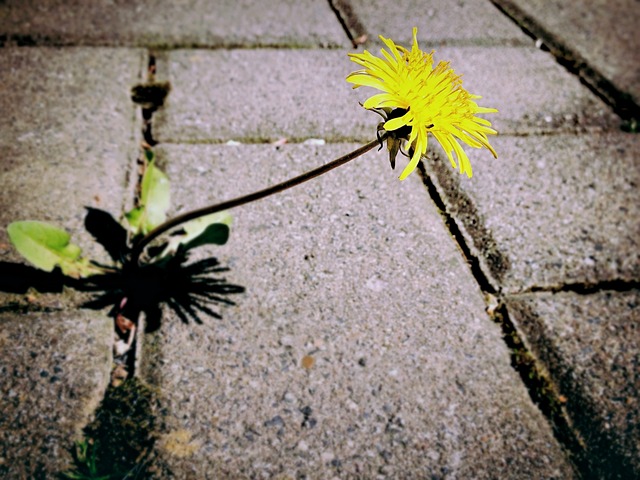
THCA, or tetrahydrocannabinolic acid, is a non-psychoactive cannabinoid found in hemp and cannabis plants that has garnered attention for its potential benefits, including its effects on sleep. When heated, THCA converts to THC, but in its raw form, it offers therapeutic properties without the psychoactive high. For those seeking natural ways to optimize sleep, understanding how to use THCA flower effectively is key.
When considering THCA vs CBD for sleep, it’s important to note that both cannabinoids may help improve sleep quality, but their effects differ. THCA is known for its sedative properties and can be particularly beneficial for those experiencing insomnia or disrupted sleep patterns. To utilize THCA flower for better sleep, start by determining the right dosage for your body. A general rule of thumb is to begin with a low dose, around 5-10 mg, and gradually increase as needed, up to 25-50 mg, taken about 30 minutes before bedtime. This approach allows you to gauge how your body reacts and ensures a restful night’s sleep rather than an overwhelming or opposite effect. Additionally, proper dosing can be influenced by various factors such as body weight, tolerance, and the individual’s unique endocannabinoid system. Users should also consider the strain of THCA flower, as indica strains are often preferred for their relaxing effects, which can aid in falling asleep more easily. To enhance the experience and ensure maximum benefits, it’s recommended to consume THCA flower in a manner that allows for prolonged release, such as capsules or tea, rather than smoking. This method promotes a steady delivery of cannabinoids into your system throughout the night, supporting a deeper and more restorative sleep.
When exploring the relationship between cannabinoids and sleep, THCA stands out as a promising option alongside CBD for sleep enhancement. This article has delved into the nuances of choosing between these two compounds, offering guidance on optimal dosage and application methods to harness their benefits effectively. For those seeking natural alternatives to improve their slumber, understanding the distinctions between THCA and CBD is crucial. As you incorporate THCA flower into your bedtime routine, remember that individual experiences may vary, and it’s always advisable to consult with a healthcare professional before making any changes to your sleep regimen. With informed decisions, you can better navigate the potential of THCA for restful nights and rejuvenating rest.
